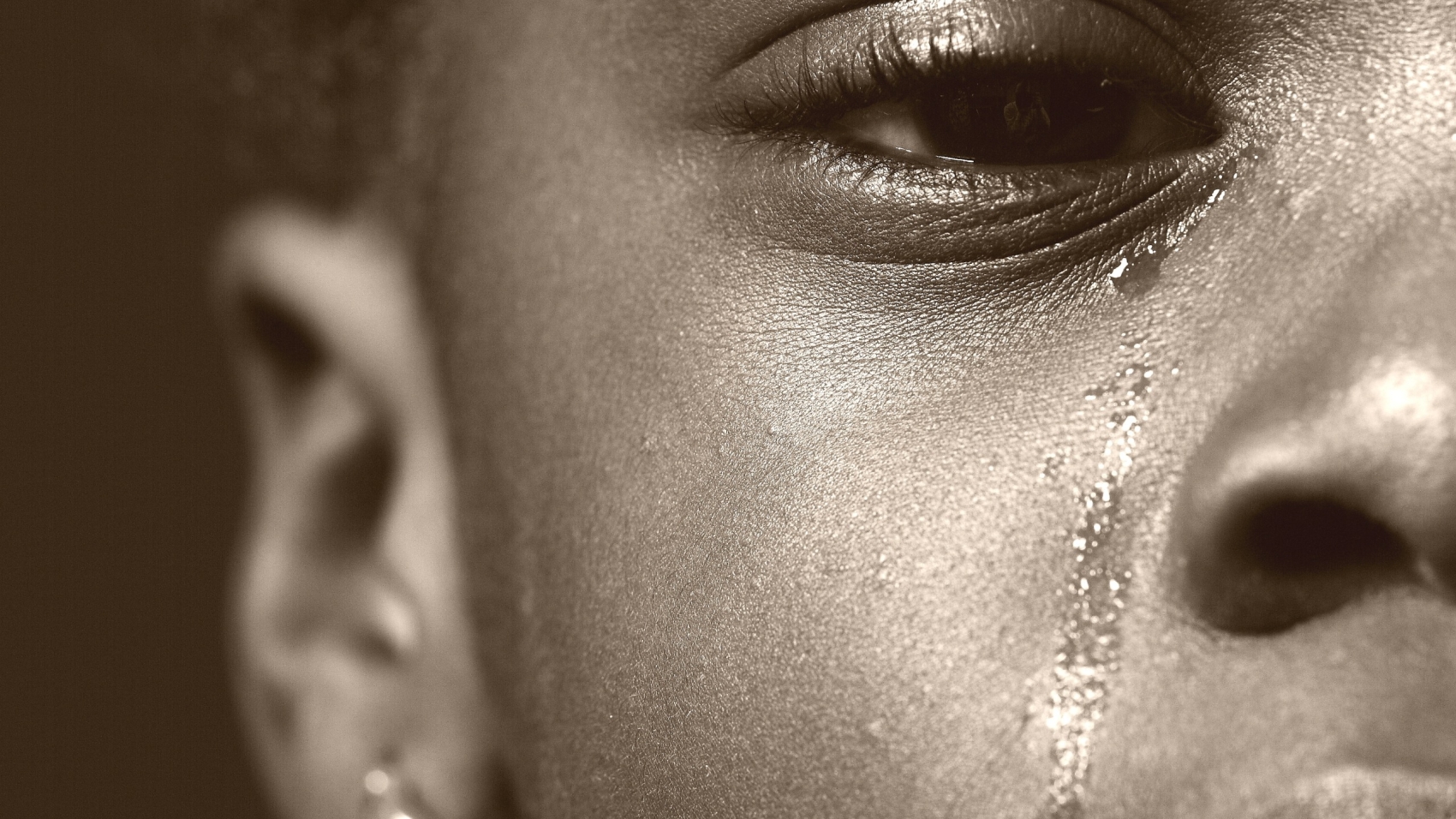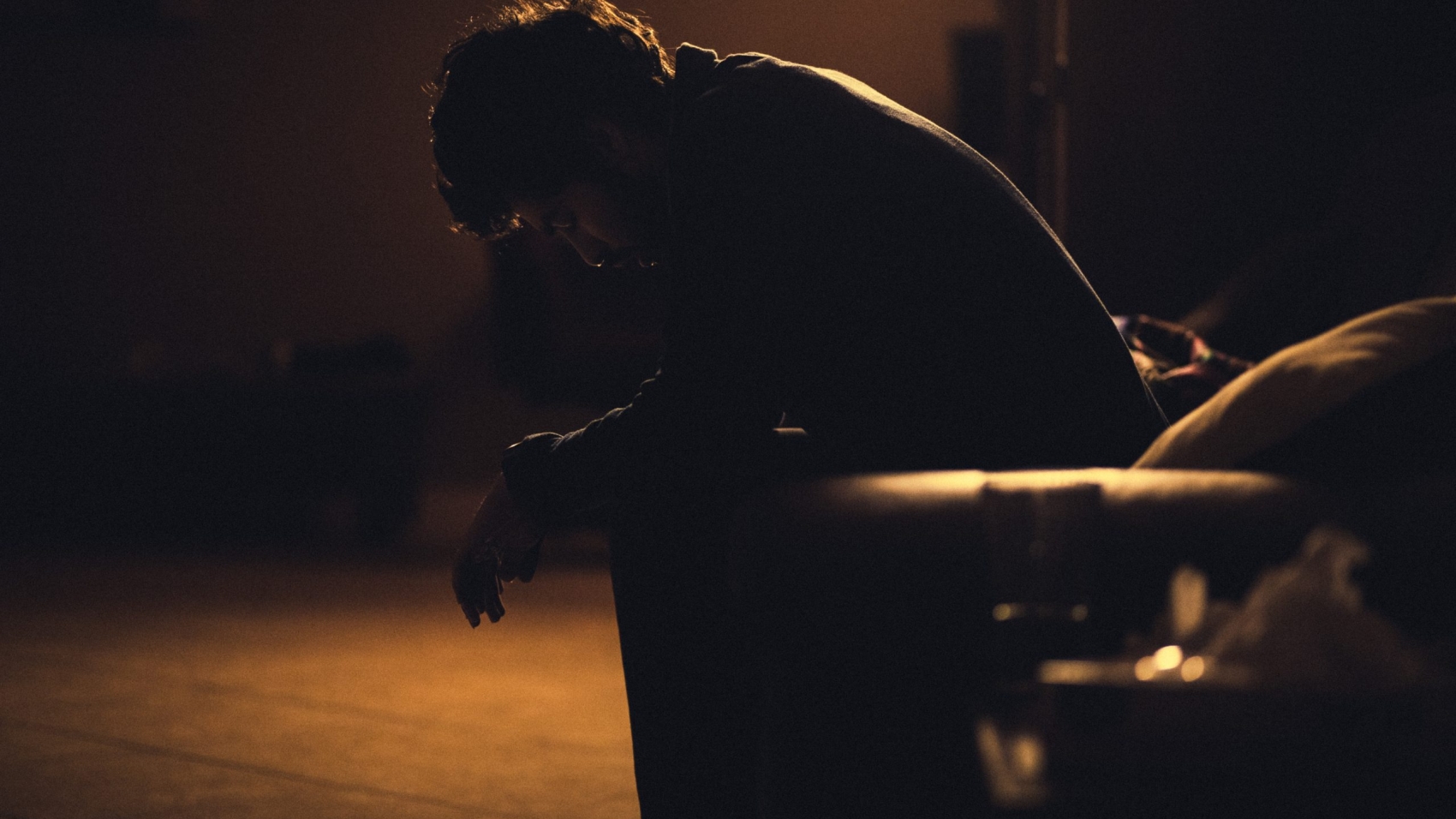Source Link BBC News: By Jennifer McKiernan
London set an unwelcome new record of 30 teenage stabbing homicides in 2021, while a third of all of England’s stabbing deaths are reported by the Metropolitan Police.
The picture in the capital is bleak: fearful for their safety, more children are carrying knives, community workers say. Some pupils are so afraid of being attacked they are being shuttled to school by taxi.
What can be done to save young people’s lives in 2022?
At recent crisis talks the BBC attended with police, youth workers and school leaders, community activist Tilisha Goupall recounted the traumatic story of watching her 15-year-old brother Jermaine die on the pavement in front of her. Since his death in 2017 she’s worked to try to prevent similar tragedies.
She explained that when she asked a group of children about to start at secondary school what they were most afraid of, “100% of them, all primary school children, said they were [most] scared of being stabbed”.
Speaking of the trauma some of these 10 and 11-year-olds have experienced, Ms Goupall said: “Thirty young people died last year, which is a whole classroom.”
For the activist, who founded the Justice for Jermaine Foundation, the way to tackle the issue of knife-carrying is to let campaigners like her into schools to speak to pupils.
She said that by telling young people how her brother bled to death, it meant they could relate to the tragedy and, she hopes, will be less likely to carry a knife.
“We try to sugar-coat it but they are already exposed to all this, so we shouldn’t sugar-coat it any more.”
One of those present at the talks in Croydon, a south London borough where five teenagers were stabbed to death last year, was the principal of Oasis Academy, Saqib Chaudhri.
He has long had reservations about letting activists into his school but said he had changed his mind following the deaths of two of his students in 2021, because he currently felt “powerless”.
“I [previously] refused to allow the streets of Croydon into my corridors because I wanted my corridors to feel like a safe space,” he said.
“I’m looking at it differently now – I’m thinking how can I get the streets and the community into my school?
“The borough needs to come into every single school for the times the school can’t be there.”
Knife crime is crazy since the summer,” according to Aaron Nzita, 19, who explained how he was mugged at knifepoint in September.
Mr Nzita, who works in community engagement, was at a cash machine on Croydon’s London Road when he was approached from behind and shoved over a knee-high wall by a teenager.
“This young guy just pushed me over the wall, grabbed me, and said he would stab me in my face if I didn’t give him all my money,” he said.
“It was really nerve-wracking – I thought I was going to end up in hospital.” Luckily, two passers-by approached and the would-be mugger fled.
- London teen homicides: Boy’s stabbing is record 30th killing
- On patrol with the PCs trying to make Croydon safer
“Knife crime right now has got everybody on the edge of their seats,” Mr Nzita added. “My mum is not letting my little brother out – it just needs to stop.
“Some kids before didn’t want to speak to police at all, but now they’re frightened so they want to speak to police.”
Mr Nzita said he knew of children who carried a knife “just in case”.
“Most of these kids are not going to stab someone to kill them, they are just trying to protect themselves and make a statement.”










